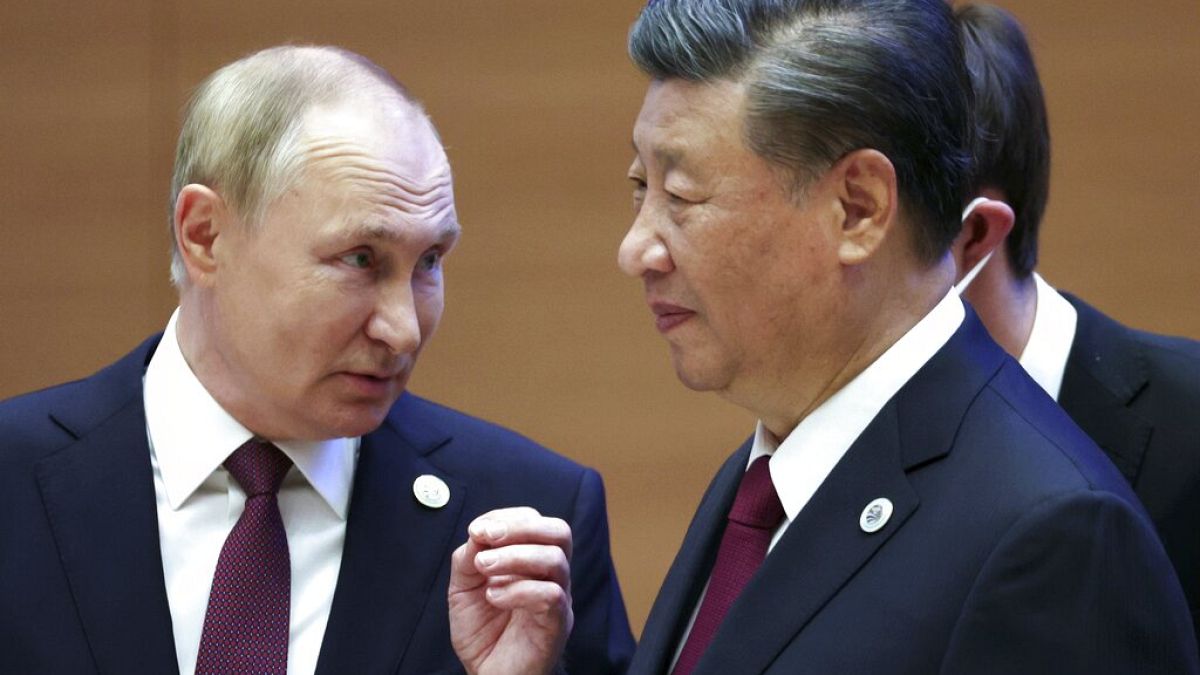
Russian President Vladimir Putin will make a state visit to China this week.
During his two-day trip, Putin and Chinese President Xi Jinping will discuss bilateral relations as well as international and regional issues of common concern, the Chinese Foreign Ministry said on Tuesday.
The Kremlin confirmed the trip in a statement Tuesday, saying Putin was going on Xi’s invitation. This will be Putin’s first foreign trip since he began his fifth term as President of Russia.
Beijing has backed Moscow politically in the conflict in Ukraine and has continued to export machine tools, electronics and other items seen as contributing to the Russian war effort.
China is also a major energy supply export market that keeps the Kremlin’s coffers full.
Beijing has sought to project itself as a neutral party in the conflict but has declared a “no limits” relationship with Russia in opposition to the West.
The sides have also held a series of joint military drills, while China has consistently opposed economic sanctions against Russia in response to its now two-year-old campaign of conquest against Ukraine.
The two large authoritarian states are increasingly in dispute with democracies and NATO while seeking to gain influence in Africa, the Middle East and South America.
Putin’s visit comes just days before Monday’s inauguration of William Lai Ching-te as the next president of Taiwan, the self-governing island democracy that China claims as its own territory and threatens to annex by force if necessary.
Xi returned last week from a five-day visit to Europe, including stops in Hungary and Serbia, countries considered close to Russia.
The trip, Xi’s first to the continent in five years, was seen as an attempt to increase China’s influence and drive a wedge between the EU and NATO on one side and a yet-to-be-defined bloc of authoritarian nations on the other, underpinned by Chinese economic influence that has been wavering amid a housing crisis and dramatically slower domestic economic growth.
Last week, Xi returned from a five-day visit to Europe, including stops in Hungary and Serbia — countries considered close to Russia.
The trip was seen as an attempt to increase Chinese stature in Europe and drive a wedge between the EU and a bloc of nations underpinned by Beijing’s economic influence.





